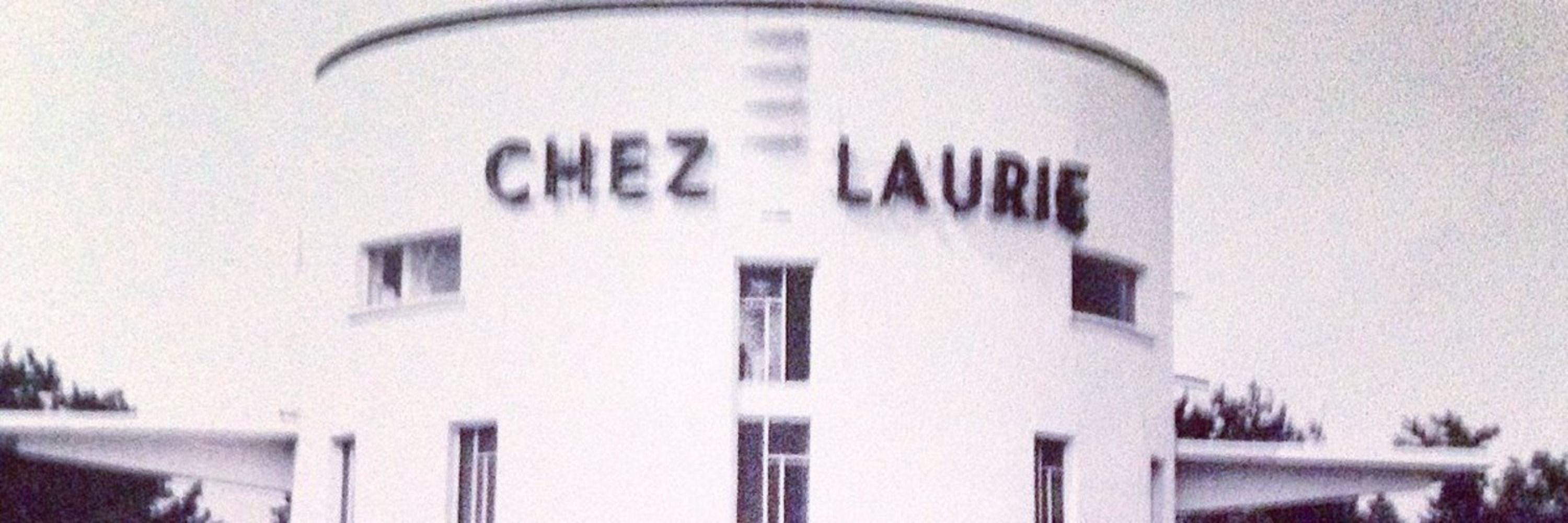


Enjoyed this ⬇️

Enjoyed this ⬇️




Buy: buff.ly/C5CqHtJ
Subscribe: buff.ly/ErgYpln

lauriemcraeandrew.wordpress.com/2025/03/31/w...

lauriemcraeandrew.wordpress.com/2025/03/31/w...
lauriemcraeandrew.wordpress.com/2025/03/31/w...

lauriemcraeandrew.wordpress.com/2025/03/31/w...
Feature Excerpt: @lmcraeandrew.bsky.social applies Judith Butler's theories on grief to Spiritfarer:


Feature Excerpt: @lmcraeandrew.bsky.social applies Judith Butler's theories on grief to Spiritfarer:

Feature Excerpt: @lmcraeandrew.bsky.social applies Judith Butler's theories on grief to Spiritfarer:






Buy: buff.ly/C5CqHtJ
Subscribe: buff.ly/ErgYpln




lauriemcraeandrew.wordpress.com/2025/02/17/w...

lauriemcraeandrew.wordpress.com/2025/02/17/w...
lauriemcraeandrew.wordpress.com/2025/02/17/w...

lauriemcraeandrew.wordpress.com/2025/02/17/w...
lauriemcraeandrew.wordpress.com/2025/01/27/s...

lauriemcraeandrew.wordpress.com/2025/01/27/s...
lauriemcraeandrew.wordpress.com/2025/01/27/s...

lauriemcraeandrew.wordpress.com/2025/01/27/s...


